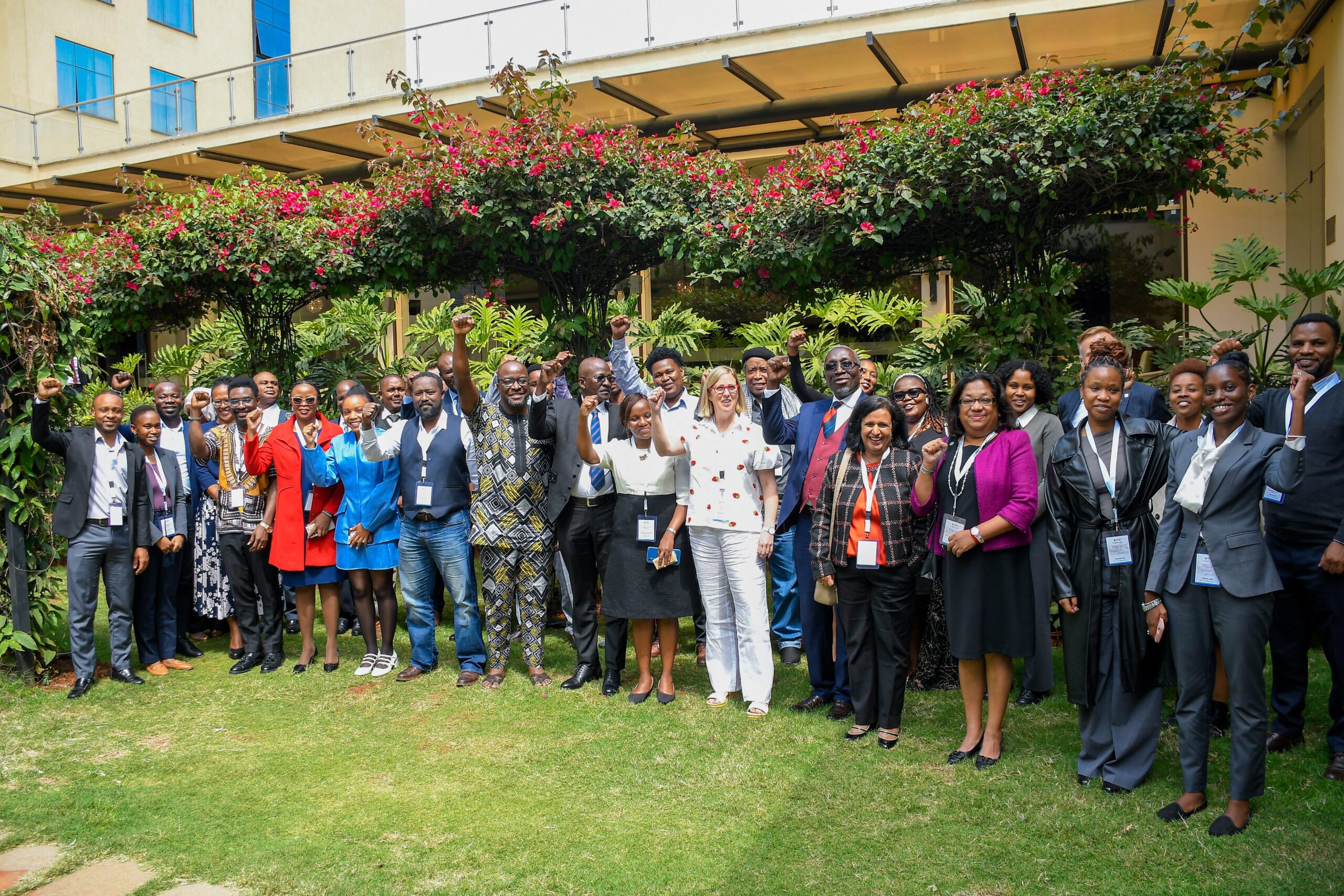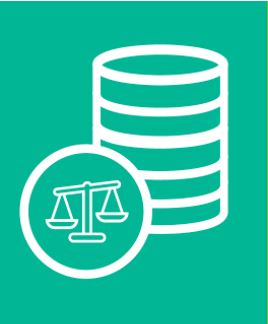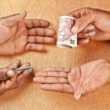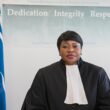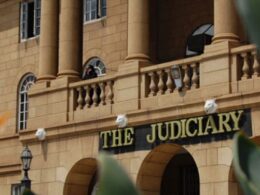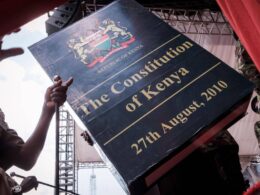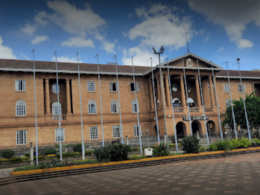By Wallace M Nderu
One of the objectives of the Economic, Social and Cultural Council (ECOSOCC) as set out under article 2 of the Statutes of ECOSOCC of the African Union is to promote, advocate and defend gender equality. Gender equality can simply be defined as, persons of all genders having equal rights, responsibilities and opportunities. To this, all genders as provided in this definition, narrowly encompasses men and women, boys and girls, thus gender equality as understood presently.
I make the argument that it only accords women and men, boys and girls being treated equally by being provided with a platform to enjoy equal rights, responsibilities and opportunities. Arguably, the promotion, advocacy and defence that was envisioned under the objectives of ECOSOCC was to bridge the gap between men and women, thus achieving the gender equality desired across the region. True to this, premised on diverse factors at the apex being the patriarchal system, women and girls have been denied access to opportunities and responsibilities to the extent that separate laws have been enacted to ensure that they get to enjoy the same rights as those accorded to men and boys. However, this opinion is not focused on gender equality as narrowly understood as touching on only men and women, but rather focusing on the broad definition of gender as is presently appreciated.
The World Health Organisation defines gender as, ‘referring to the characteristics of women, men, girls and boys that are socially constructed. This include norms, behaviours and roles associated with being a woman, man, girl or boy, as well as relationships with each other. As a social construct, gender varies from society to society and can change over time’. Norms, behaviours and roles premised on social construction provide that men are to remain aligned to the masculinity and women to their femininity, this in turn becomes discriminatory given that not all individuals will either identify as men or women.
Hence, gender identity is defined under the Yogyakarta Principles as ‘refering to each person’s deeply felt internal and individual experience of gender, which may or may not correspond with the sex assigned at birth, including the personal sense of the body (which may involve, if freely chosen, modification of bodily appearance or function by medical, surgical or other means) and other expressions of gender, including dress, speech and mannerisms’. Thus, granted this definition gender then cannot be understood to only mean men and women rather other gender minorities to include transgender, non-binary persons as well as intersex persons.
In my opinion, I take the position that for gender equality to be fully realised, ECOSOCC has to be alive to the fact that gender does not only encompass just men and women. Inequalities are intersectional, where one faces discrimination premised on other factors to include sexuality, which in itself speaks to issues of gender. It is appreciated that the African region is predominantly heterosexual, void of other forms of sexuality.
Heteronormativity on its part thus bars any discussions touching on diverse gender identities, and this in my opinion in turn acts as a smoke screen to wholesomely engage with the topic of gender inequalities, given that other gender minorities are not well represented. It is a reality that they also suffer from inequalities to include being denied opportunities to work, study or participate in the cultural life of their people or even being engaged in religious activities, additionally they suffer violence both physical and verbal premised on the ground of their gender differences. It is thus a reality and not fiction that gender minorities have and continue to suffer inequalities, inequalities that hamper their mere existence consequently and significantly making their lives difficult, hence being a challenge.
Within the African region, there are diverse Civil Society Organisations (CSO’s) that are engaged in programmes focused on among others enhancing gender equality within different sectors be it in the education or employment, for instance. Among these CSOs there are those engaged with ensuring that human rights of sexual and gender minorities are fully realised, a struggle that has continued, albeit with some positive fruits being witnessed.
It has to be remembered that ECOSOCC plays an important role of creating a platform for CSOs to engage with the African Union, as a result, the council will be required to engage with these CSOs. It would be outright discrimination if the council side lined CSOs whose objectives are to ensure gender equality is achieved for gender minorities. The Council, in my opinion, cannot find justification to premise their denial of engaging with them, thus they will be bound, so to speak, for the purpose of achieving its objective of promoting, advocating and defending a culture of gender equality.
Colonial footprints within the African continent remain on in a significant number of states in their laws, a majority of them were and are still retrogressive, arguably serving no purpose presently. To this, I make reference to those laws that prohibit same sex relations, arguments have been made that such relations are a taboo and go contra the cultures and religious beliefs of a majority of Africans, and that it is a western imposition. This in turn led to a false narrative that Africa as a continent is a heterosexual one, free of any other forms of sexualities, however this is a fallacy indeed granted that a close interaction with our history, we appreciate that same sex relations were present among a people who also embraced diverse gender identities.
Similarly, in present day Africa, post colonisation, gender diverse individuals are part of the larger society, hence the advocacy for gender equality for all beyond the two commonly appreciated binaries, namely being either a man or a woman. Progress has been made within a number of African countries to right the wrongs occasioned by colonialism, by repealing laws that prohibit same sex relations, examples being Botswana and Gabon. I make the argument that this in turn creates an enabling environment for CSOs working to advance gender equality among a population that is unpopular, arguably, this needs to be witnessed across all African states.
Consequences of failure to appreciate diversity among us as Africans has seen the attack of CSOs that advocate for the rights of queer and gender minorities, in other countries failure to be registered. It can be recalled the incident with the Coalition of African Lesbians (CAL), who although had been granted observer status with the African Union Commission, however, without any valid reasons, their observer status was withdrawn.
It is safe to take the position that, given the name and the objectives of the organisation, there are those who felt it was promoting that which is ‘un-African’, ‘vile’ and ‘wrong’ as a result barring their participation. In Kenya, the National Gay and Lesbian Human Rights Commission, was denied registration by the NGO Co-ordination Board, they argued that their objectives would be promoting acts that were prohibited under the penal code. Despite the fact this CSO was to advocate for gender equality among other objectives that directly impact in the lives of sexual and gender minorities.
ECOSOCC remains a key vehicle, the link between close engagement with CSOs and the African Union, given that the former through their work can create long lasting solutions to some of the pressing problems we face. ECOSOCC on its part needs to appreciate that gender goes beyond the two known binaries and that it encompasses a much broader spectrum. Thus, ECOSOCC through its workings need to acknowledge that it will engage with CSOs that represent the interests of unpopular minorities, in order to wholesomely state a culture of gender equality is being promoted.
Wallace M Nderu is an Advocate of the High Court of Kenya, Human Rights Lawyer and Queer Feminist.




